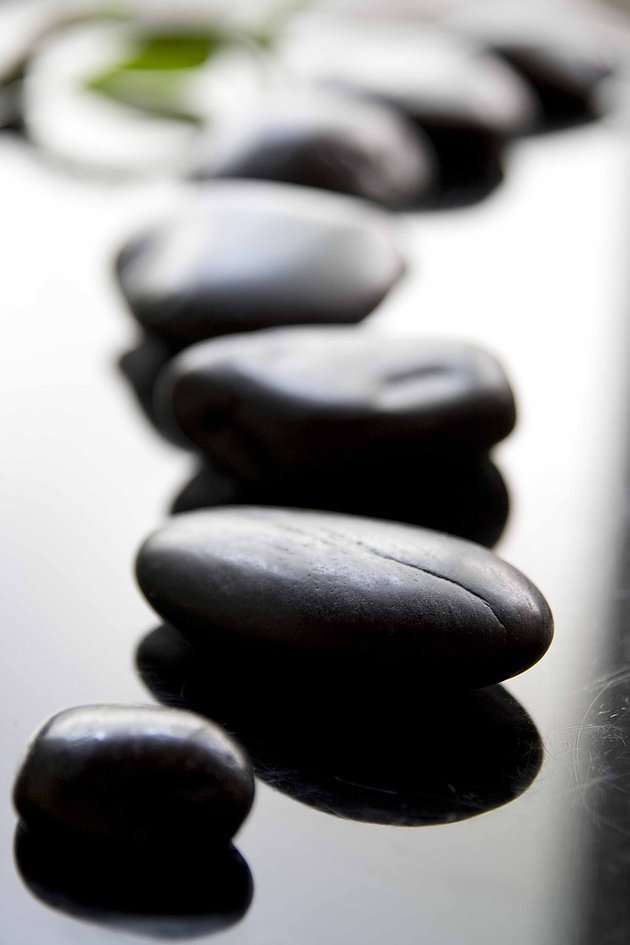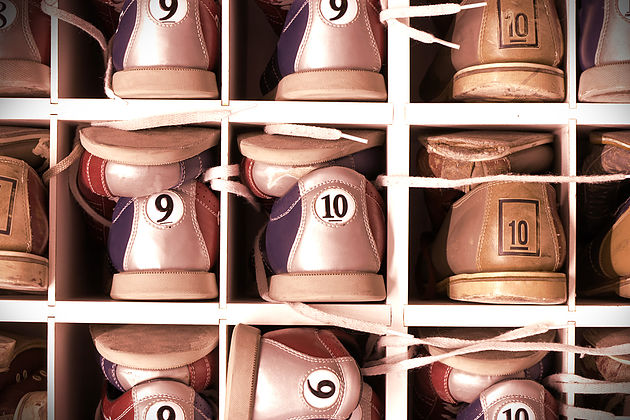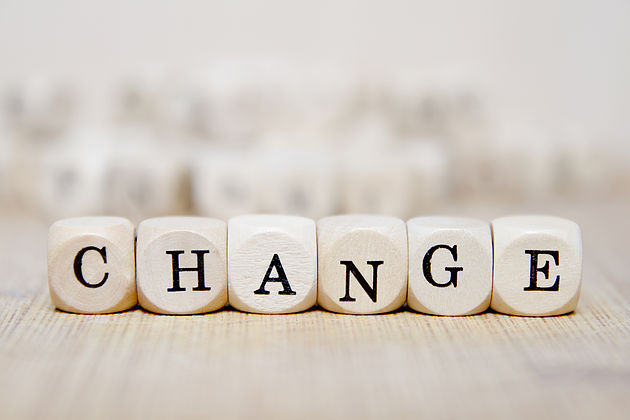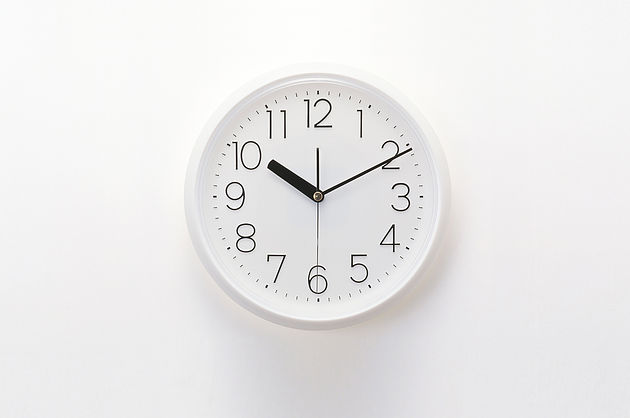
by Marta | 1 Nov, 2017 | General, Psych
Despite not planning it, I have ended up primarily working in womens’ health and most of my patients are mothers, ranging from the very new to those with decades of experience. As a result, I tend to see the same issues presenting over and over and over again. I see the exhaustion from excessively long ‘to-do’ lists, sleep deprivation from broken nights or too early mornings, and malnutrition from skipping meals or ‘forgetting’ to eat something fresh and from the ground. I see the conditions that have gone for far too long because there was always something else that needed to be dealt with that had higher priority – for many women, then don’t even remember when they because the least important person in their lives (more on that another time…)
But more than that – I see the loneliness. These women are connected to others in a myriad of ways – social media, work, school, family, friends – but they are essentially all lonely. Despite never actually being alone, they feel constantly alone. Within the struggle of balancing the various hats they wear – wife, mother, daughter, sister, worker, friend – the balance is lost, often to the point that ‘self’ is also lost along the way.
Many of these women have people they consider friends, but they are kept at a distance (emotional or physical) for a variety of reasons. I wonder if this new definition of friend is beneficial, because the relationships described as friendships by these women would barely pass as acquaintances. So many of these strong, intelligent women describe having many friends, but no one close at all, and they give a dazzling array of reasons as to why it has to be that way. Some of these include self protections (because you can’t be hurt if no one gets close), comfort (because even the idea of organising a catch up is too much), circumstance (moving frequently can disrupt even the best intentioned relationships) or even just societal expectation (the idea that women are natural nurturers and should be self sufficient without needing to rely on others).
The last one is the one that sticks with me most – women are burning out because they think they are supposed to do it all, all the time, flawlessly.
So many women are so set in their way of thinking that they MUST be able to do everything perfectly without assistance that even the smallest change to let go becomes incredibly difficult. We have forgotten that in the past women were not alone in raising children – there were extended families, neighbours, friends who had done, were doing or would be doing the same thing. Just as most women today have never seen a normal birth instead of the sanitised and unrealistic movie-births (yet more false expectations on women), many women of my generation have never seen a village raising a child – only the smallest units who are encouraged to stand alone and showcase show easy and wonderful it is to do it all!
When asked “Are you lonely?” they respond that of course they’re not lonely! They have 250 friends on social media and share inspiration boards with 150 more! There’s not time to be lonely! Yet they all describe, in exquisitely painful detail, exactly how lonely they really are before sometimes realising just how alone they feel.
Change takes time and effort. Not everyone is ready at any given time to attempt to change their mindset, their surroundings or their approach. For some it can take months or even years, and some never really manage it at all. Societal change takes even longer, but it is heartening to see there is more being discussed out in the open on the loneliness of mothers today, no matter how connected they may be in the digital world.
Most importantly, you don’t have to attempt anything it on your own.
You’re not alone.


by Marta | 1 Sep, 2017 | General, Psych
By now, we’ve all read about the benefits of gratitude in terms of positive mental health and even improvements to physical health. There is plenty written about how gratitude is good for you and there is a booming market in gratitude journals, apps and playlists. (Just in case you’ve been living under a rock for the past decade have a look here, here, here and here for a starting point on the benefits of gratitude!)
I was very pleased to heard some nice words from two patients in the last month within days of one another – one wanted to touch base and ask my opinion on an activity she was interested in trying, the other had turned his world view around significantly in recent months.
Both said ‘thank you for being my stepping stone’.
Those. Exact. Words.
I found this to be both a tremendous honour, incredibly humbling and, at the same time, powerfully uplifting. Here were two people who came to me for vastly different issues (although both were physical rather than psychological worries), but who came away feeling so much more empowered to change their lives for the better. They were always capable of doing so, but just needed that first step in the right direction to be guided by someone else.
It’s a very humbling experience to be the person who can hold someone’s hand as they take that step in the right direction which leads them to change their entire lifestyle or world view and to watch them bloom into their new self – happier, healthier and better able to continue to grow.
I think I’ll keep being a stepping stone for a little while longer 😉


by Marta | 1 Jun, 2017 | General, Psych
The last year has been one of tremendous growth, change and defining who I am as a person, mother, wife, daughter, friend and practitioner. I’ve had the opportunity to try many new things and work out where I fit in grand schemes. Most importantly – I’ve had the opportunity to work out where I DON’T fit!
The example that jumps straight to mind is that of a group practice that I joined. I was full of enthusiasm and energy about working in a great space with wonderful people. On the surface, it seemed like this was where I was supposed to be! Unfortunately, as time went on it became obvious to me that it wasn’t the right fit. It was just little things at first, but it was more and more clear that what I considered crucial to effective therapy was not the same as what management considered important. I was faced with a tough decision – change the way I worked to fit the mould of the group practice, try to continue to work in my own way and never mind how others worked, or accept that sometimes it’s just not going to happen and there are surely other places that will fit better.
In the end, I chose the last option – I couldn’t see myself changing my practice style when this is what I was good at and what achieved good results. I know that in the past, I would likely have tried to change myself in a desperate attempt to fit in with my surroundings, but not anymore. Now I look for surroundings that fit me – not the other way around. It’s not always going to be perfect, but much like finding the right pair of shoes, there’s no point hurting yourself if it’s just the wrong fit.
As it turned out, while that practice was not the right fit for me, it did give me the opportunity to meet some fantastic people and opened doors that I would otherwise have not even known existed. As such, there is value in a ‘wrong fit’, as long as you can see where you are and where you need to go.
Going through those periods of ‘wrong fit’ is unpleasant at the time, but they are absolutely invaluable when it comes to learning about yourself. Reframing negative experiences to move from being angry or upset about what’s happened to being able to see the lessons therein can be difficult, but it is certainly worthwhile. I’ll write about reframing next month, but this month let’s just look at where we are and whether you’re giving yourself blisters by staying in a situation that definitely is a poor fit for you!


by Marta | 1 May, 2017 | General, Psych
I made a big move this month – literally! For the last two years I’ve been building my practice in Logan in a *ahem* cosy room with a variety of other individuals. I enjoyed working with the other people there and I liked the routine I had, however we were all in the same boat. We weren’t getting very far, but we were comfortable in our ruts and routines – they were familiar and felt safe.
There was no risk.
There was no uncertainty.
And there was no growth.
There comes a point for every person when they need to evaluate their current situation and think about whether it is the best place for them. This can be in relation to their physical location, their career path, their relationships or even their own personality. Making that kind of evaluation, however, takes a certain brutal honesty. You really need to look at the reality of your situation and think about whether this is the best you can be, or whether you are just cruising along comfortably without any real change. This point may come after a traumatic event or after a period of calm – there is no right or wrong time, however it is important that it comes.
True growth can only happen with change, but as we all know – change is hard. Change is scary. Change is risky. Change is uncertain. Change is necessary. Look at how babies change with every passing week and grow into delightful little children, then challenging adolescents, then wonderful adults. Babies don’t worry about the changes in their lives – they simply accept them, learn as they go and grow into their next stage. As we get older, we become more set in our ways and change becomes harder, but perhaps if we looked at change simply as a way to move onto the next stage it would be less stressful. There is still uncertainty and risk, but the stress that comes with it could be mitigated.
Right up until I moved all my furniture into my room (and even bought two plush red armchairs!), I was uncertain that I was doing the right thing. My room is huge, but I’m alone. Was I making a terrible mistake? Should I have just stayed where I was, comfortable in my tiny room with barely enough room for two adults?
I am comforted by the thought that change leads to growth and growth leads to change – I am embracing the uncertainty and grabbing the opportunity to launch into my next stage with both hands…. …and a fast beating heart!


by Marta | 1 Mar, 2017 | General, Psych
“Hi, how are you?”
“Great! I’ve been so busy! You?”
“Oh yeah, I’ve been so busy, but I’ve been good. So tired, though…”
“Yeah, I get that. I need a holiday, but it’s just too busy at work and everyone needs a piece of me…”
How many conversations have you had like this? How many times have you equated being busy with being successful? How many times have you sat down to take a breath, then quietly castigated yourself for wasting time, doing nothing or being unproductive?
I recently had a conversation about productivity, taking time to do nothing, the very finite number of hours in a day and how we live in a society that rewards us for simply spending time at work rather than necessarily being productive at work. We are praised for ‘putting in the hours’, but not necessarily recognised for the actual output of those hours. More than that, as a society we look down on time spent doing nothing or time spent on the self and call it wasted. This couldn’t be further from the truth in my mind – time spent on the self is incredibly important.
I find myself repeating to people that self care is not a luxury – it’s a necessity. This means that time spent on the self if certainly not wasted – it’s essential for all aspects of health. Physical, mental and spiritual health all rely of having time available for rest and personal development. When that time is restricted, when we are encouraged to spend close to half our day at work, the opportunity for personal growth, proper rest and true health are severely restricted as well.
I’d love to see a time when a better work-life balance is truly attainable for the majority of people, when time spent on the self is seen as valuable and necessary. I think that will be a time when mental and physical health improves for all.


by Marta | 1 Jan, 2017 | General, Psych
Raise your hand if you made a new years’ resolution on Dec 31st?
Keep your hand raised if you’re still sticking with it……. good work!!! Go enjoy your reward and see you next month!
Now, for the rest of us… what happened?
Many people make resolutions in the hope that the new year will fill them with some amazing new sense of motivation and will that allows them to hit the gym five days per week, or completely give up sugar or alcohol, or make sure they check off their lists each day to keep on top of their life. And it works for a little while! But sadly, the ticking over of a giant clock on a tower doesn’t imbue us with any new magic – we’re still the same people we were at one minute to midnight as we are at one minute after midnight. So how can we change that person into someone who enjoys 5am runs or completely abstains from coffee and cake?
The sort answer is: with great difficulty.
You can change your habits, but you need to know WHY you want to change them. For change to stick, the reason behind it has to be truly valid for you, otherwise excuses start to creep in and it all starts to crumble.
For example, say you want to start going to the gym more often. On the surface you may just want to lose weight, but that’s the kind of reason that is quickly toppled by excuses (it’s raining! it’s cold! I’m tired! I’m hungover!). If your reason for losing weight carries more weight, however, those excuses seem more flimsy by comparison and are less likely to work. Reasons such as preventing heart disease which might run in your family or wanting to be able to engage with your kids for more than 3min at a time tend to be the reasons that keep people on the right track far more effectively than a vague sense of wanting to weigh less than they do now.
Finding someone to help you work out the ‘why’ of your habit change can help make that change achievable long term. Sometimes it will simply be a matter of spending an hour or two hashing out what’s really important to you, where your priorities lie, what you’re willing to give up or put on the backburner and what you truly want to achieve.
Once you have that worked out, you’ll be better able to plan your changes and set yourself up for success, rather than setting yourself up for failure.









Recent Comments